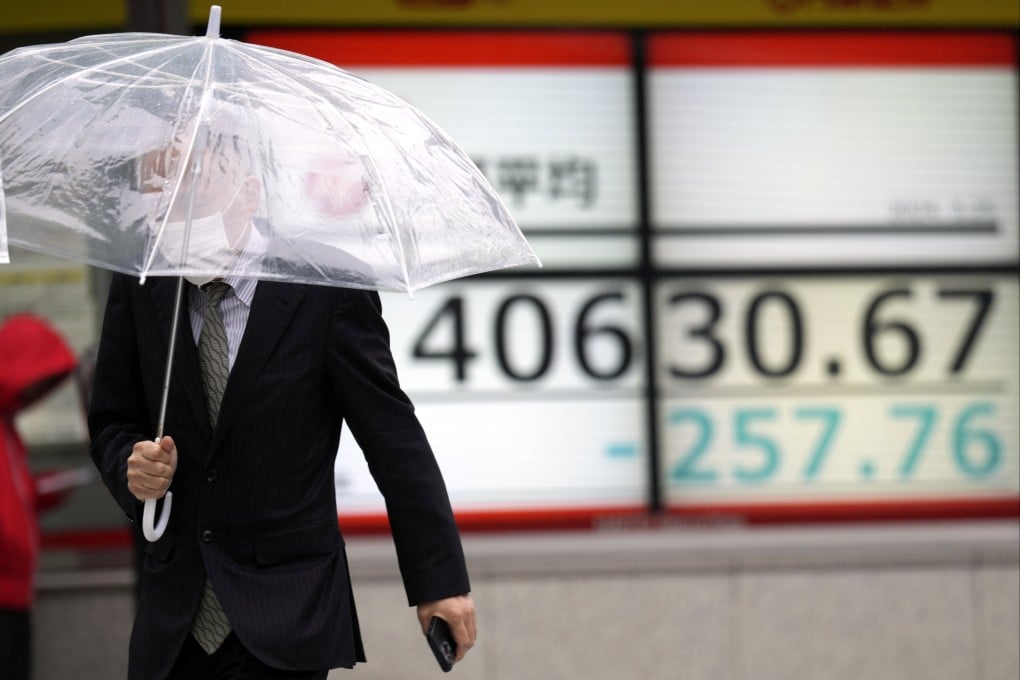Advertisement
Macroscope | Interest rate cuts or no, a new financial crisis may be inevitable
- Markets and banking systems are stumbling on blindly and greedily towards a repeat of past mistakes both recent and distant
- Banks being so big they can lend irresponsibly and ignore those meant to regulate them must change, and the coming crisis could do just that
Reading Time:4 minutes
Why you can trust SCMP
4

There is growing unease in and beyond financial markets over the idea that another systemic crisis could be approaching. For what it’s worth, on the basis of 50 years of market-watching, I believe such an event is inevitable.
Advertisement
The trouble is that the nearer a crisis seems to get, the more reluctant regulators of finance – the world’s most ill-disciplined profession – are to talk about it openly, for fear of precipitating such a crisis.
We are now in a kind of silence period when events will more or less take their own course. Markets and banking systems will stumble on blindly and greedily towards a repeat of past mistakes both recent and distant.
It’s instructive to read Mervyn King, former governor of the Bank of England, in his book The End of Alchemy: Money, Banking and the Future of the Global Economy, to grasp why a repeat is so likely. He recalls that in the run-up to the global financial crisis of 2008-09, “interest rates, both short-term and long term, were at all-time lows”, which led spending along unsustainable paths.
Bank balance sheets, he further notes, “exploded”. With interest rates so low, “financial institutions and investors started to take on more and more risk, in an increasingly desperate hunt for higher returns”.
Advertisement
If that sounds eerily similar to events of late, another of his observations underlines the view that if history does not repeat itself, it still sometimes rhymes. Asset prices have soared amid low interest rates, encouraging a surge in global debt. This is as true now as it was before the 2008 crisis.

Advertisement
